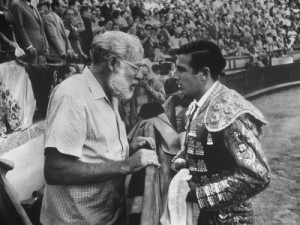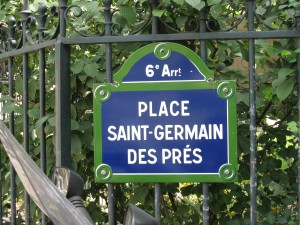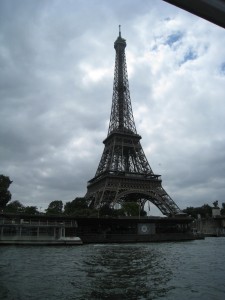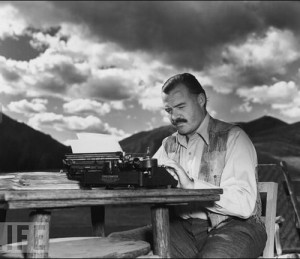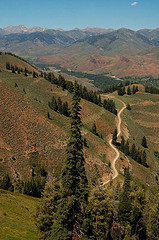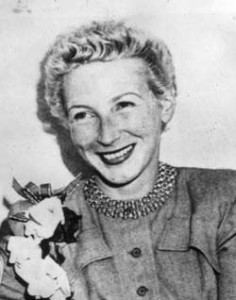Lovely article by Juan Vidal and what Hemingway’s debut novel meant to him. Best, Christine
From Pamplona, With Love: ‘The Sun Also’ Turns 90
But in my early 20s, someone mailed me a dusty copy of Hemingway’s first novel, The Sun Also Rises. I’d never read anything quite like it — and haven’t since.
Today marks the 90th anniversary of the publication of that book. A masterpiece of the form, The Sun Also Rises is a rare feat in its power and restraint, its terse yet evocative sentences making a strong impression as I was beginning to hone in on my own love of words: “Don’t you ever get the feeling that all your life is going by and you’re not taking advantage of it?” one character asks narrator Jake, an American newspaper reporter. “Do you realize you’ve lived nearly half the time you have to live already?”

Ernest Hemingway: Not just some old white guy going on about a crusty fisherman.
Lloyd Arnold/Getty Images
None of Hemingway’s other works, though some were good and even great, quite captured the idea of desire and longing that his debut does. But there’s also a blatant sadness that permeates the entire novel, which, in truth, is what attracted me more than anything. How could these depressed and oftentimes insufferable socialites be drawn so beautifully? And how on earth could such simple, stripped down prose carry this kind of emotional weight? Nathaniel Hawthorne says it best: “Easy reading is damn hard writing.”
But for me, it’s much more than that. When I read The Sun Also Rises – and I go back to it every few years — I’m instantly transported to Pamplona, where Hemingway’s characters go to watch the bullfights. I visited Pamplona as a kid with my family, and I too watched the bullfights, with my father — who in all honesty doesn’t deserve any more mention than that.
Except for the fact that he was the one who randomly sent me this wonderful book, more than a decade after we’d lost touch.
The Sun Also Rises, a title taken from Ecclesiastes, is like its author in that it means different things to different people. Sure, some might say that A Farewell to Arms is a better book, or that For Whom the Bell Tolls is a more sophisticated piece of literature, but they are wrong. And that’s in part because they didn’t visit Pamplona at a certain age, nor receive a random gift when they were young and impressionable, or they simply weren’t open enough to be floored by what Hemingway was doing with language and, dear God, dialogue.
The Sun Also Rises centers on the inner lives of that now-infamous group Gertrude Stein called the “Lost Generation,” but like all books it also holds personal meaning for each reader. Its pages make me recall the noise of a crowd cheering on a brave matador, the expectation I felt as a boy, even the dizzying smell of blood in the air. They remind me of my father, who never gave me much more than this perfect novel, which you might say is a hell of a lot.
